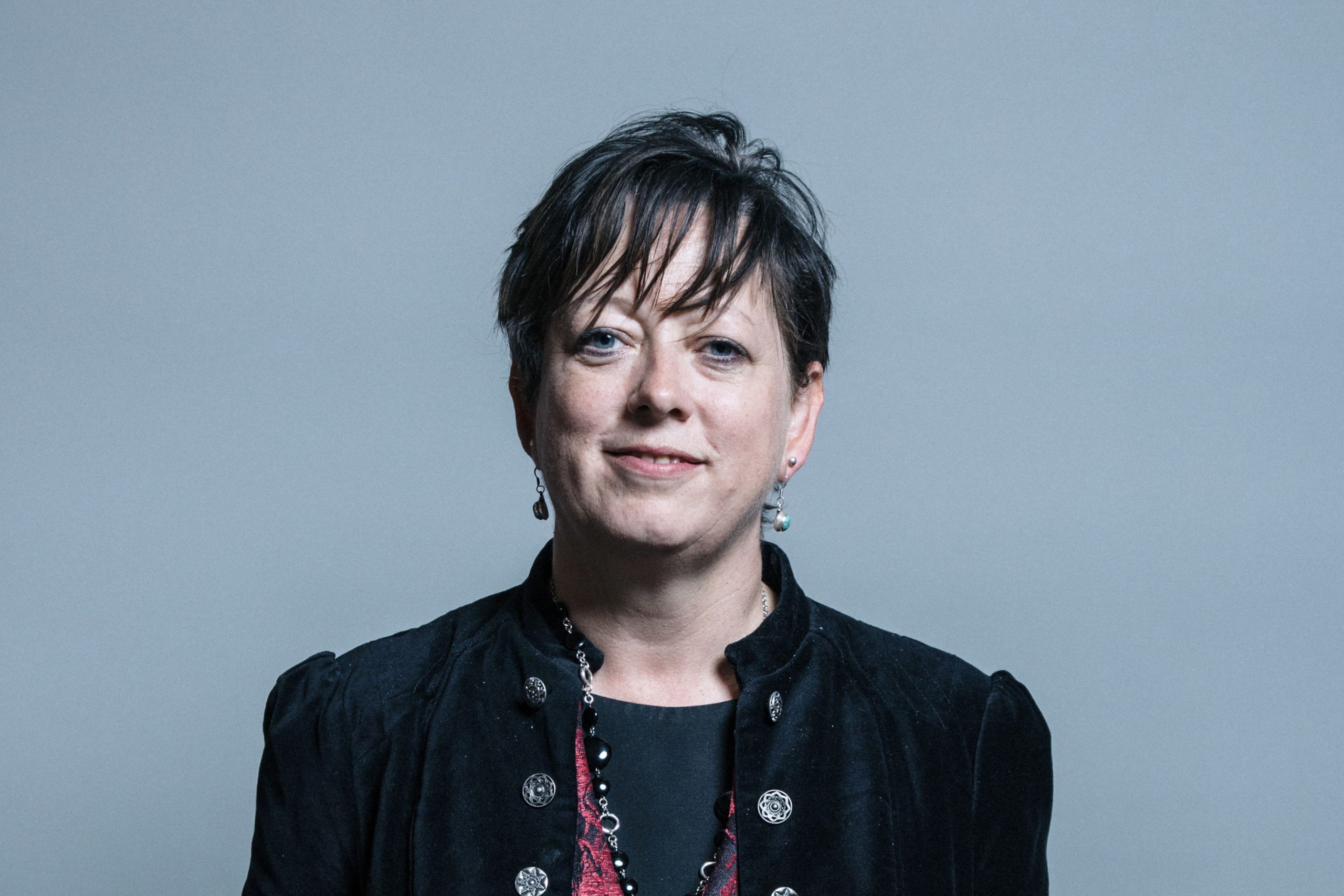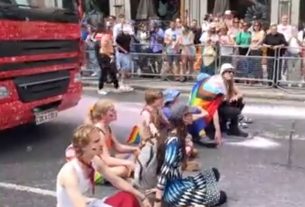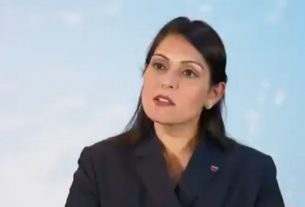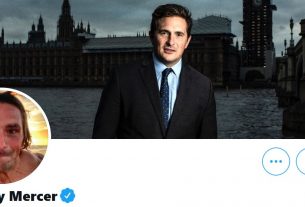The bodies of 39 people found in a lorry in Essex was described as “an evil contempt for human life” at Prime Minister’s Questions in the Commons today.
MPs were united in paying tribute to the emergency workers dealing with the gruesome discovery but clashed again over Brexit and the timetable for debating the government’s Withdrawal Agreement Bill (WAB).
Boris Johnson’s second PMQs followed this morning’s meeting with the Labour leader Jeremy Corbyn to try and find a way forward in the Brexit saga, following last night’s rejection by MPs of the timetable to debate the WAB.
39 bodies found in lorry
In the Commons, Boris Johnson described the discovery of 39 bodies – including one teenager – on a lorry in Essex as “truly heartbreaking”.
Police launched a murder inquiry after being alerted to a lorry container parked at an industrial estate in Grays, Essex. It is believed the lorry is from Bulgaria and entered the UK at Holyhead on October 19. A 25-year-old man from Northern Ireland, thought to be the driver of the lorry, has been arrested on suspicion of murder.
‘Contempt for human life that is evil’
During PMQs Jackie Doyle-Price, Conservative MP for Thurrock, spoke about the “tragic events that had unfolded” in her constituency this morning.
“To put 39 people into a locked metal container shows a contempt for human life that is evil,” she said. “The best thing we can do in memory of those victims is to find the perpetrators and bring them to justice.”
The Commons paid tribute to the emergency workers who attended the scene with Doyle-Price reminding that what they had witnessed “will live with them forever.”
The route of the lorry will be central to the investigation with concerns that it made its way to the UK – via Ireland – virtually unchecked.
Deputy chief constable of Essex police Pippa Mills said her officers were alerted by the ambulance service and there was no indication at this stage about the nationality of the victims.
Leaders meet before clashing at PMQs
Before PMQs Johnson and Corbyn held talks to try and work out a Brexit timetable after MPs rejected the government’s attempt to force through parliament the withdrawal agreement bill (WAB) in just three days.
The meeting broke up without agreement but is being interpreted as a sign the government may actually be more flexible regarding its “do or die” Halloween deadline to leave the European Union.
The flexibility was not so apparent in the House as during PMQs both leaders clashed over Johnson’s deal with the EU and specifically the time MPs have to debate it.
The Prime Minister made much about his WAB having won the “approval of MPs” by virtue of winning the vote on its second reading, with 19 Labour MPs having voted with the PM.
However, the government then lost the very next vote on the WAB’s schedule for debate – which is only the second time in history a government has lost a timetabling vote. The Prime Minister immediately indicated he would pull the bill altogether to try and force a general election, but it is now expected he will wait for the EU’s decision on granting an extension beyond October 31 before clarifying the government’s immediate plans.
MPs want greater time to scrutinise Johnson’s contentious deal but the government remains determined to “get Brexit done” by October 31.
Corbyn’s criticism of the deal extended to the trustworthiness of the PM himself and his record in office, signalling what could be a key theme of the looming general election.
A ‘worse than terrible treaty’
“The Prime Minister unlawfully prorogued Parliament, he said he would refuse to comply with the law, he threw Northern Ireland under a bus, he ripped up protections for workers rights and environmental standards, lost every vote along the way and tried to prevent genuine democratic scrutiny and debate.”
Corbyn, returning to the WAB, added: “Parliament should have the necessary time to improve on this worse than terrible treaty.”
Johnson replied: “It is this government and this party that delivers on the mandate of the people.”
He told the House he had achieved with the EU what others had said was impossible: reopening the withdrawal agreement, getting rid of the Northern Ireland back stop and getting a new deal.




